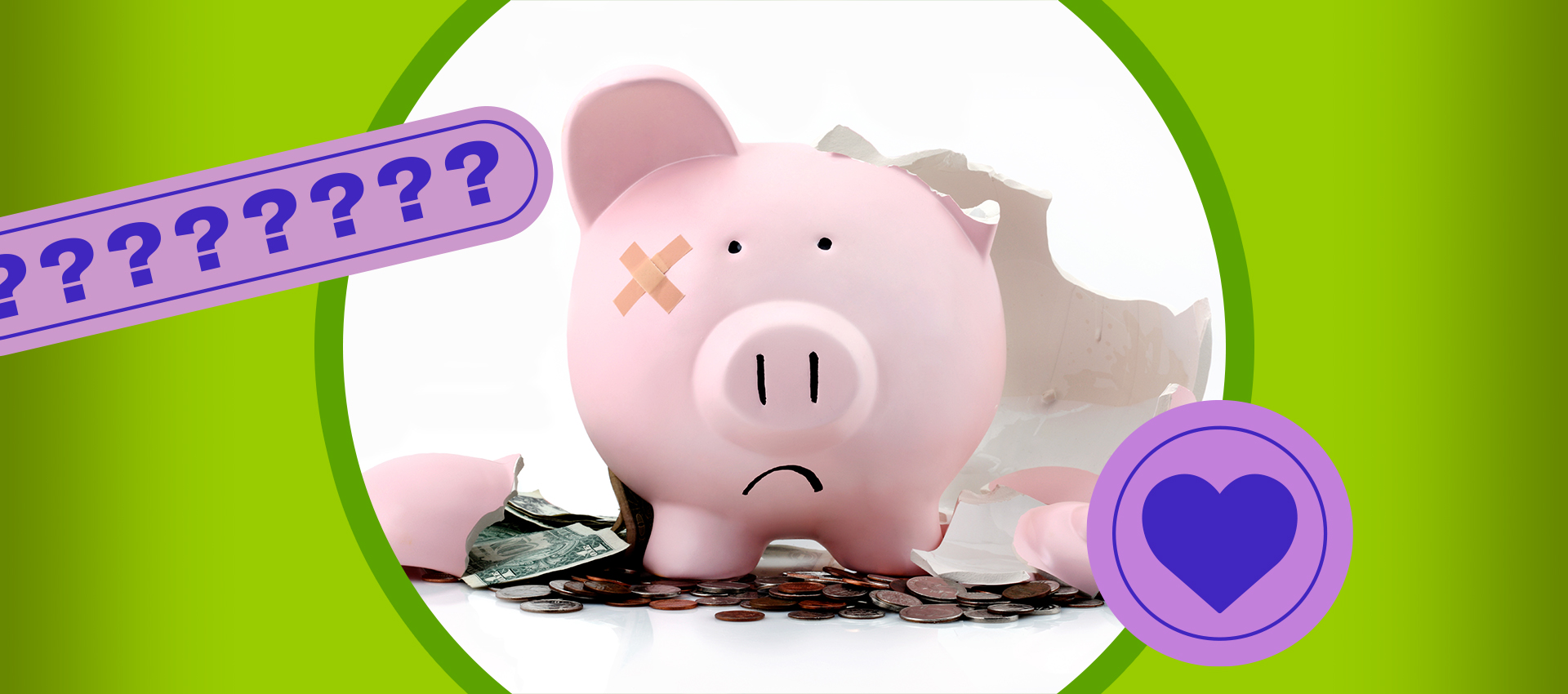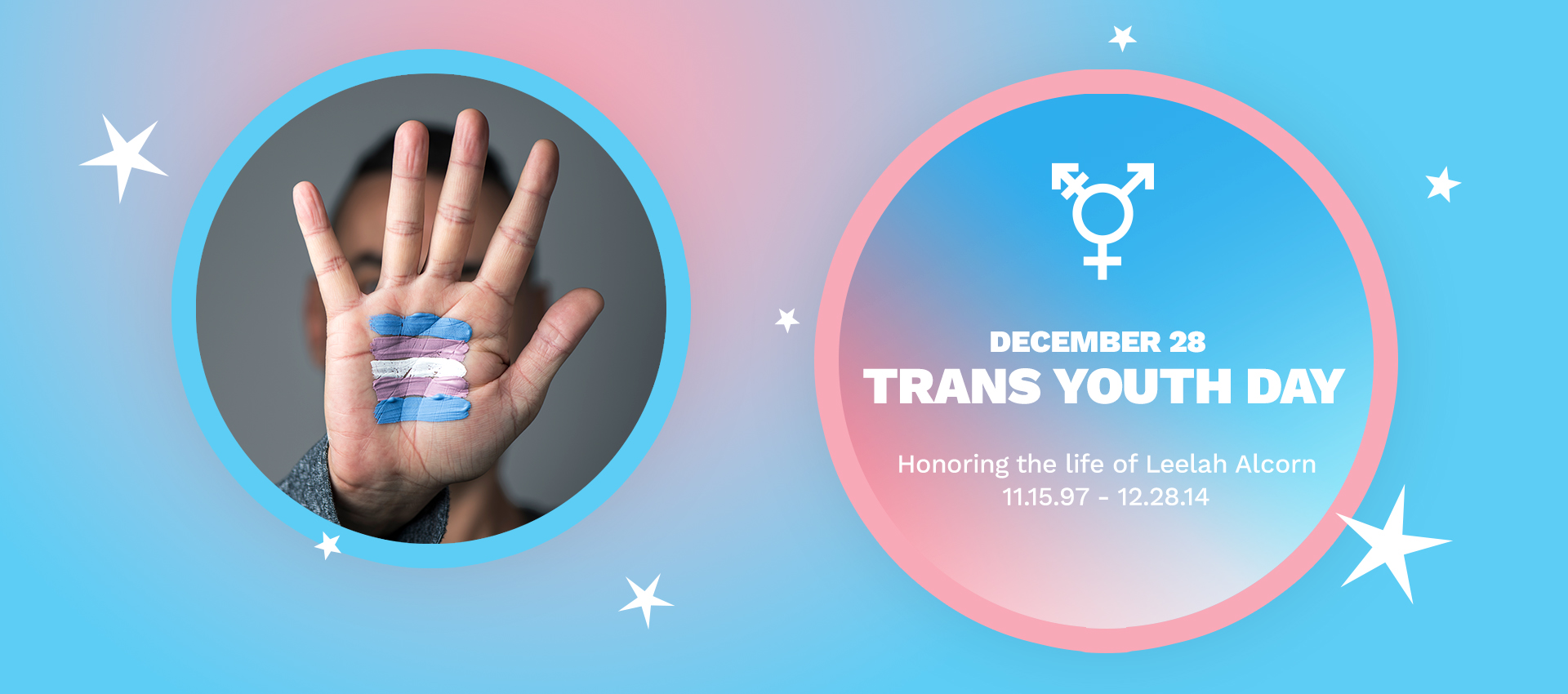Positive? Negative? Undetectable? Not sure? Regardless of your status, there is help and hope available to you. Once you receive your result, it’s important to understand what it means. Knowledge is power and having this power can help reduce the effects of stigma and discrimination surrounding HIV.
What is HIV?
HIV is the Human Immunodeficiency Virus, and it attacks cells that help the human body fight infections. HIV is spread through bodily fluids from unprotected sex, sharing needles, and even from mother to baby during pregnancy. If left untreated, HIV can cause Acquired Immuno Deficiency Syndrome, also known as AIDS. There is no cure for HIV or AIDS – but there is incredible treatment available to help live a long life and prevent the spread of HIV. Education around this is crucial.
How do I know my HIV Status?
The only way to know your HIV status is to get tested by your healthcare provider or local clinic. When you get tested, your provider will take a body fluid sample (blood or saliva) and conduct a rapid test or send it to a lab. A rapid test will provide results more quickly than a lab test which can take several days for the result to be available. Your HIV test result will be one of the following:
- Negative – Meaning you did not have exposure to HIV in the past of couple months.
- Positive – Meaning you were exposed to HIV in the past couple of months and your provider will want you to have follow-up HIV testing.
I Know My Status – Now What?
If your status is negative, it means that during the last couple of months (known as a window period) you were not exposed to the virus. To ensure that you continue to know your current HIV status, it is recommended to have another HIV test in three months. If you have a negative HIV status, you cannot spread HIV to another person.
If your status is positive, your healthcare provider will recommend a follow-up test. If the follow-up test’s result is also positive, it means you have HIV, and you can spread HIV to another person. If you have a positive HIV status, it is important to talk to your healthcare provider about your treatment options. HIV treatment will help prevent spreading HIV to others and keep you from developing AIDS. Your provider can also help you disclose to your partner(s) and will recommend them for HIV testing.
What is Undetectable?
Undetectable is a newer HIV status due to HIV treatments and medications. HIV tests cannot detect undetectable HIV because the viral load is too low. Although you are still HIV positive, there is not a risk of transmitting HIV to another person. To become undetectable, you must adhere to the treatment plan given to you by your provider and take your HIV medicine as prescribed.
Let’s reduce the stigma around HIV and knowing your status. One of the best places to start is to Take Control of your health and get tested today! Help keep yourself and others safe by reaching out to your local healthcare provider.



